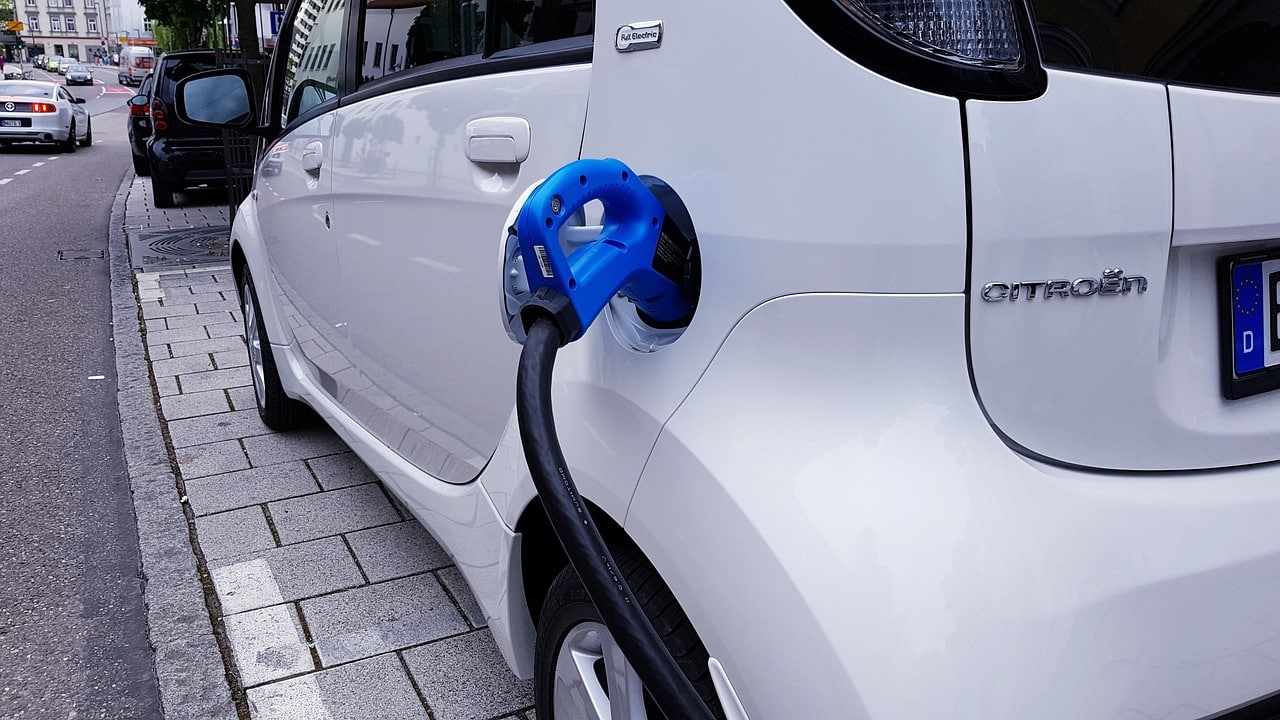Electric cars are becoming more and more popular thanks to their reduced environmental impact and lower running costs. However, one of the crucial aspects to consider is how they charge. Fortunately, there are several charging techniques adapted to the different needs of motorists. In this article, we will explore the options of fast charging, at home And on the way.
Home charging: a practical and accessible solution
Home charging is undoubtedly one of the most convenient solutions for electric vehicle owners. It offers the convenience of being able to recharge your car overnight or at any time of the day without having to go to a public station. Let’s see what different options are available for home charging.
Using a reinforced grip
The installation of a reinforced grip is a common method for home charging. These sockets allow you to charge your vehicle more efficiently than a standard electrical socket but sometimes require specific electrical arrangements. With this method, the recharge time can vary between 10 to 12 hours depending on the battery capacity.
Green’Up type 3 socket
Another popular option is the use of type 3 Green’Up socket. This socket allows for secure and faster charging than simple household sockets. Specially designed for electric vehicles, it can significantly reduce the time needed to reach a full charge.
Mode 2 and mode 3 charging stations
For those looking for an even more efficient solution, the mode 2 and mode 3 charging stations offer significant advantages. The mode 2 terminal uses a cable which plugs directly into a conventional socket with a specific adapter, allowing relatively fast charging. As for the mode 3 terminal, it requires a dedicated wall installation and often uses the type 2 socket, thus offering much faster and safer charging compared to traditional sockets.
- Reinforced grip: simple and economical but slower.
- Type 3 Green’Up: better security and speed.
- Mode 2 terminal: minimum installation required, reasonable load.
- Mode 3 terminal: optimal performance and speed.
Fast charging: effective solutions to get back on the road quickly
For drivers looking to save time, fast charging stations are essential. They are specially designed to offer a charge in a short time. Here are some fast charging options available.
CCS fast charging stations
THE CCS (Combined Charging System) terminals are among the most widespread in Europe. They combine AC and DC charging in a single outlet. With these stations, you can recharge up to 80% of your battery in just 30 minutes, which is ideal when you’re in a hurry.
Chademo Stations
The system Chademo, originally from Japan, is also very efficient. It allows rapid recharging of batteries using specific connectors. Although less common in Europe compared to CCS, it remains a reliable alternative for many electric vehicle models. A 50 kW DC charge on a Chademo station can charge a battery to 80% in around 40 minutes.
Mode 4 terminals
Finally, the mode 4 charging stations represent the pinnacle of fast charging technology. Using exclusively direct current, they can deliver power of up to 350 kW, thus offering extremely short recharge times. This type of terminal is particularly suitable for long journeys where every minute counts.
The constant improvement of these fast charging infrastructures contributes greatly to making electric vehicles even more attractive for daily and occasional users.
Charging on the go: flexibility and extended coverage
For long-distance journeys, it is crucial to be able to count on a charging network available along the way. Infrastructure is developing rapidly, making electric vehicle travel increasingly feasible and comfortable.
Public charging networks
Many cities and towns are investing in public charging networks, often located in parking lots, near shopping centers or on the side of the road. These charging points make travel more predictable for electric vehicle drivers. Depending on your needs, you can find mode 2, mode 3 or even mode 4 terminals.
Interactive apps and maps
To plan your trip efficiently, many mobile applications and websites offer interactive maps showing availability of charging stations in real time. This includes information on compatibility (e.g. Type 2 sockets, Chademo, etc.), pricing and available charging levels. The use of these technologies makes traveling by electric vehicle even more practical and integrated into our digital daily lives.
Innovative solutions in development
In order to meet growing demand, new solutions are emerging. Companies are working on systems of inductive charging integrated into roads or parking lots. This would ultimately allow vehicles to be recharged without even having to physically plug them in, further simplifying the use of electric cars.
Others explore ultra-fast charging technologies intended to further reduce charging times. This could completely transform the way we view the range and practicality of electric vehicles.
Factors to consider when choosing the ideal charging method
When choosing the right charging method for your electric vehicle, there are several factors to consider. Here are some things to consider:
Compatibility of your vehicle
First, check the compatibility of your vehicle with the different sockets and terminals available. For example, if you have a car equipped with a type 2 socket, make sure that the charging stations you use are compatible with this standard.
Installation costs and use
Then consider the associated costs to the various charging options. Installing a terminal at home can represent an initial investment but offers savings in the long term compared to the regular use of public terminals. Additionally, some energy companies offer preferential rates for nighttime charging.
Accessibility and comfort
Also think about theaccessibility and comfort offered by each method. Being able to recharge your vehicle at home without worrying about schedules or the availability of public terminals provides significant peace of mind. On the other hand, for long journeys, it is essential to know the fast charging points en route.
Environmental impact
Finally, don’t forget theenvironmental impact. Some terminals use renewable energy sources, thus contributing to an even more positive ecological balance for your travels.
In conclusion, opting for the right mix of charging methods – whether at home, fast or on the road – will allow you to take full advantage of your electric vehicle, while maximizing charging efficiency, cost and comfort.








